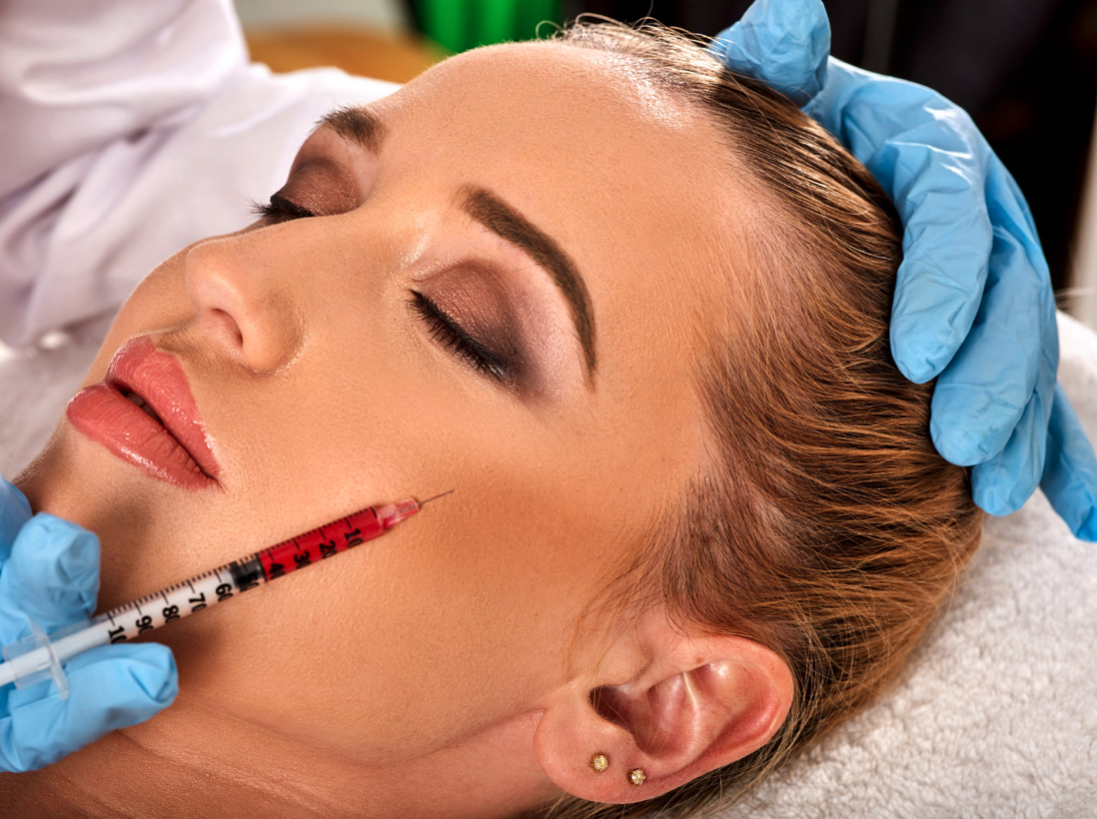Surgical solutions like plastic surgery are often popular because people want to alter their appearance to gain more confidence. These treatments restore and enhance various parts of the body and some common examples are breast augmentation and facelifts. Reconstructive work can also be performed, especially if there is a medical reason, but so many people get these procedures because they “want” them.
Some of the treatments may not apply to all people, especially those who are pregnant or taking specific medications. This is why it is important to consult your doctor first before you get into one of these elective cosmetic surgeries so they can be safe.
Different Options Available
1. Breast Augmentation – It is a process that can change or increase the shape and size of the breasts. A qualified specialist may add an implant for this, but it is not similar to breast reduction. It is going to cause a more symmetrical and fuller look that can boost the self-confidence of many.
2. Dermabrasion – Specialized tools are often used to sand down your overall look and remove the top layers of the face. After they are roughened up, it can cause the skin to heal, and the newer ones can result in a smoother-looking feel. It is also helpful for people who want to remove their wrinkles, crow’s feet, acne spots, and scars.
3. Facelift – Those who are concerned with signs of aging can get a facelift. You can check out orfaniotis.co.uk for more information about this and see a fully certified and trained plastic surgeon with over a decade of experience in this area. It is going to lift facial tissues, reposition contours, and reshape noses. It can also improve the look of droopy eyelids, and there are also neck lifts that can enhance the overall results of the procedure.
4. Rhinoplasty – Reshaping the nose by altering its structure can be done because of cosmetic reasons. The process can significantly enhance the form and function of the nose, and this can address those who have breathing difficulties. It can narrow the shape of the nostrils, change the bridge’s shape, and correct issues that were caused by injuries.
5. Liposuction – The removal of excess fats is common for many people, but know that this isn’t something that’s specifically made for weight loss. Instead, these are for people who want to have some parts of their arms, thighs, abdomen, and hips sculpted, and it is where the stubborn fats are suctioned out. It is a suitable alternative, especially if the cells are not responding to exercise and diet. See more about liposuction on this site here.
Factors to Consider Before Undergoing Plastic Surgery
These surgeries are a major life decision, and it is something that you need to carefully consider. Getting the best results will mean that you must go to the right surgeons that are going to make you look and feel better. Set realistic expectations about the entire process and talk to the experts beforehand. Make sure that you are comfortable discussing the changes that you want to make, and they should also explain to you the requirements of the procedures.
Your surgeon will likely require you to undergo a thorough medical evaluation before the surgery to ensure that you are a suitable candidate. Financial considerations are also a crucial factor when contemplating these processes since some of them are not going to be covered by insurance. You should set an appropriate budget and do extensive research before diving into this process. Prefer the board-certified surgeons who have experience performing the specific type of surgery you desire.
Preparing for a Plastic Surgery Procedure
Your surgeon may give you specific instructions on how to prepare physically for the surgery, and it could include stopping certain medications or supplements that can interfere with the healing process. It may also involve lifestyle changes, such as quitting smoking or adjusting your diet.
Mental preparation is equally important when undergoing these treatments, and it is essential to have realistic expectations and understand that no surgical procedure can guarantee perfection. Setting reasonable goals and having a positive mindset can contribute to a successful outcome.
Make sure you have adequate support during your recovery period. Arrange for someone trusted, whether it is a family member or close friend, who can assist you in daily activities while you heal.
Recovery and Aftercare
During the initial recovery period, you may experience some discomfort, swelling, or bruising. It is essential to follow your surgeon’s instructions for post-operative care, which may include taking prescribed medications, wearing compression garments, or avoiding certain activities. More about the aftercare at this link: https://www.nhs.uk/conditions/cosmetic-procedures/advice/cosmetic-surgery-abroad/.
Taking diligent care of yourself during this time can help promote healing and reduce the risk of complications. This includes following a healthy diet, getting plenty of rest, staying hydrated, and avoiding smoking or alcohol consumption.
Regular follow-up appointments with your surgeon are also necessary to monitor your progress and address any concerns you may have. They will guide you when it is safe to resume normal activities such as exercise or work.
